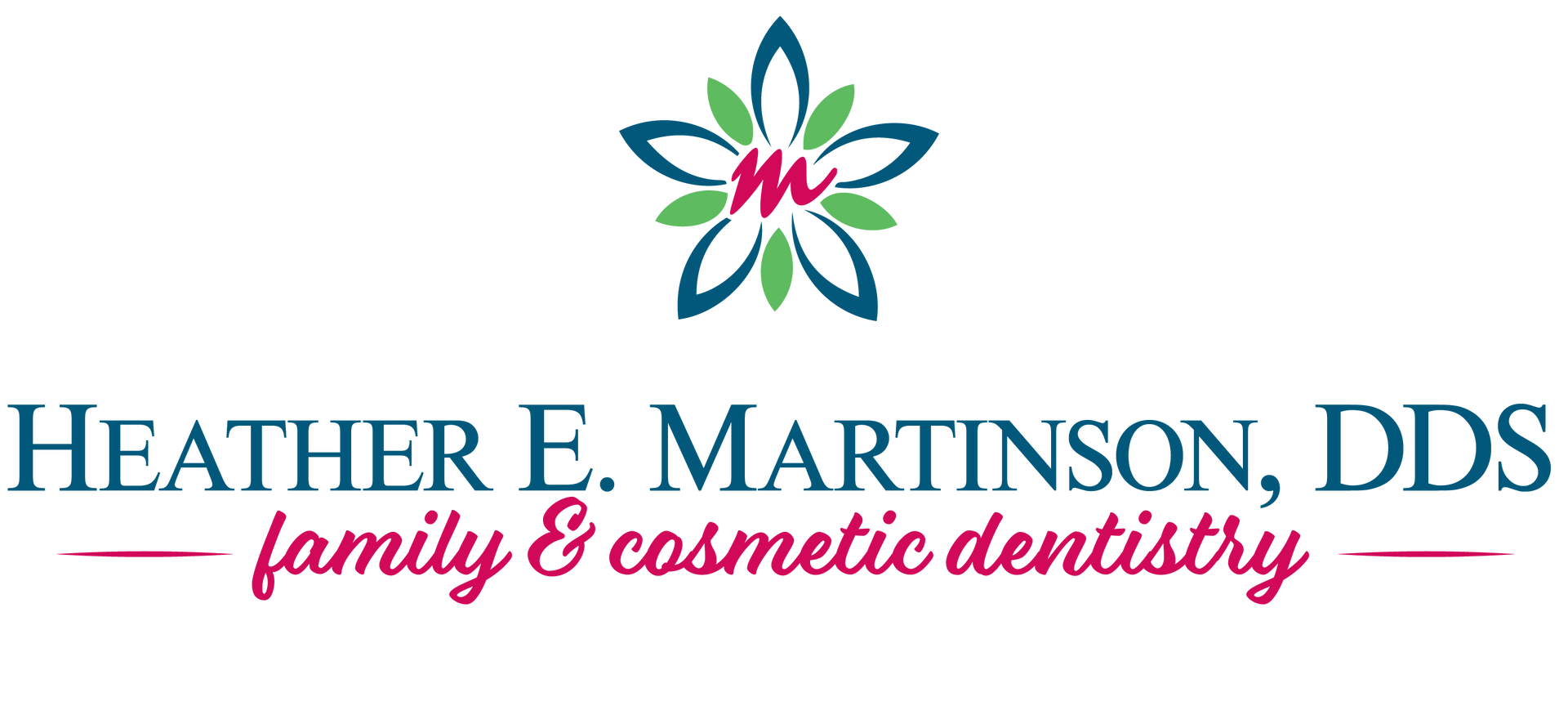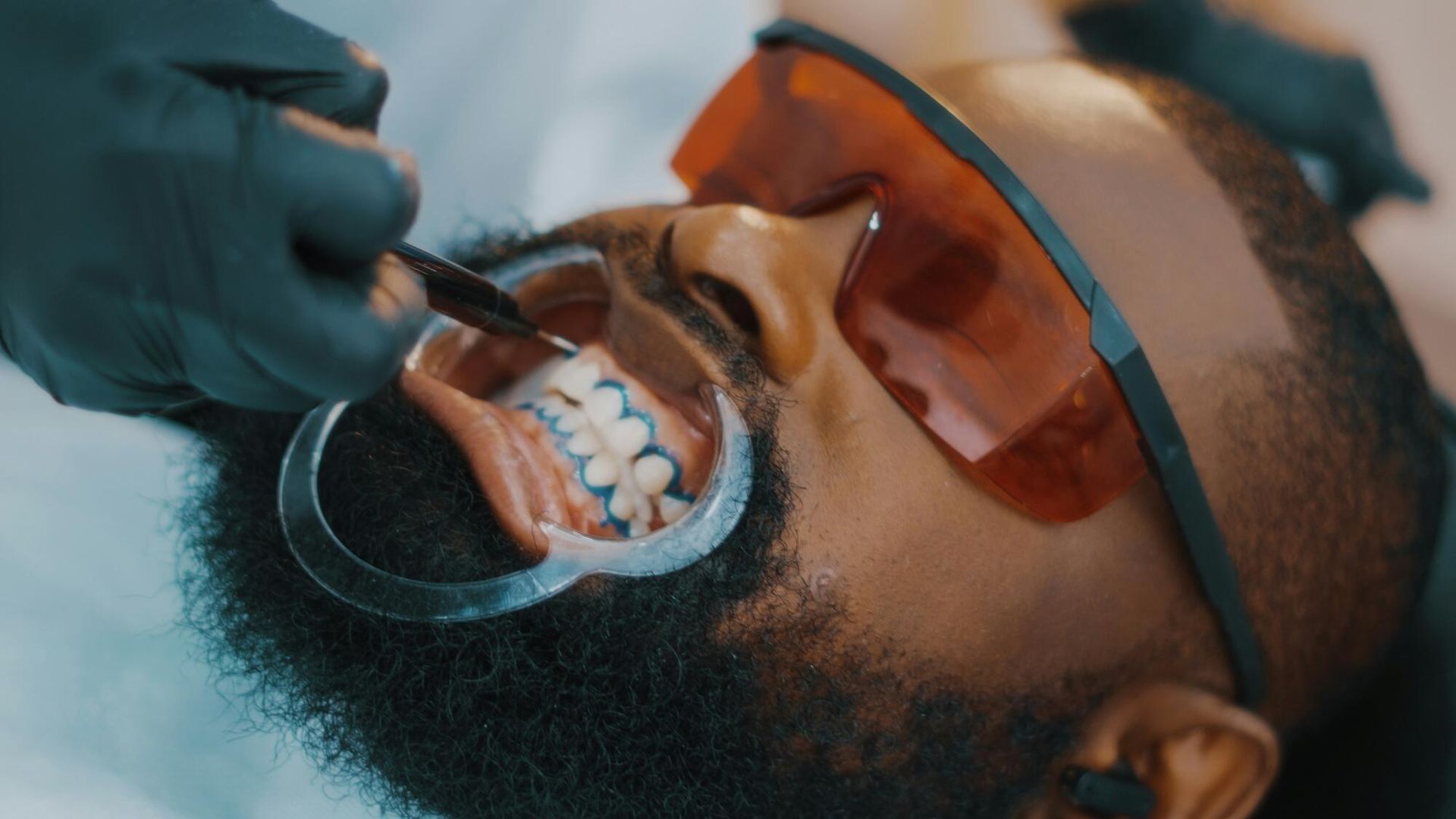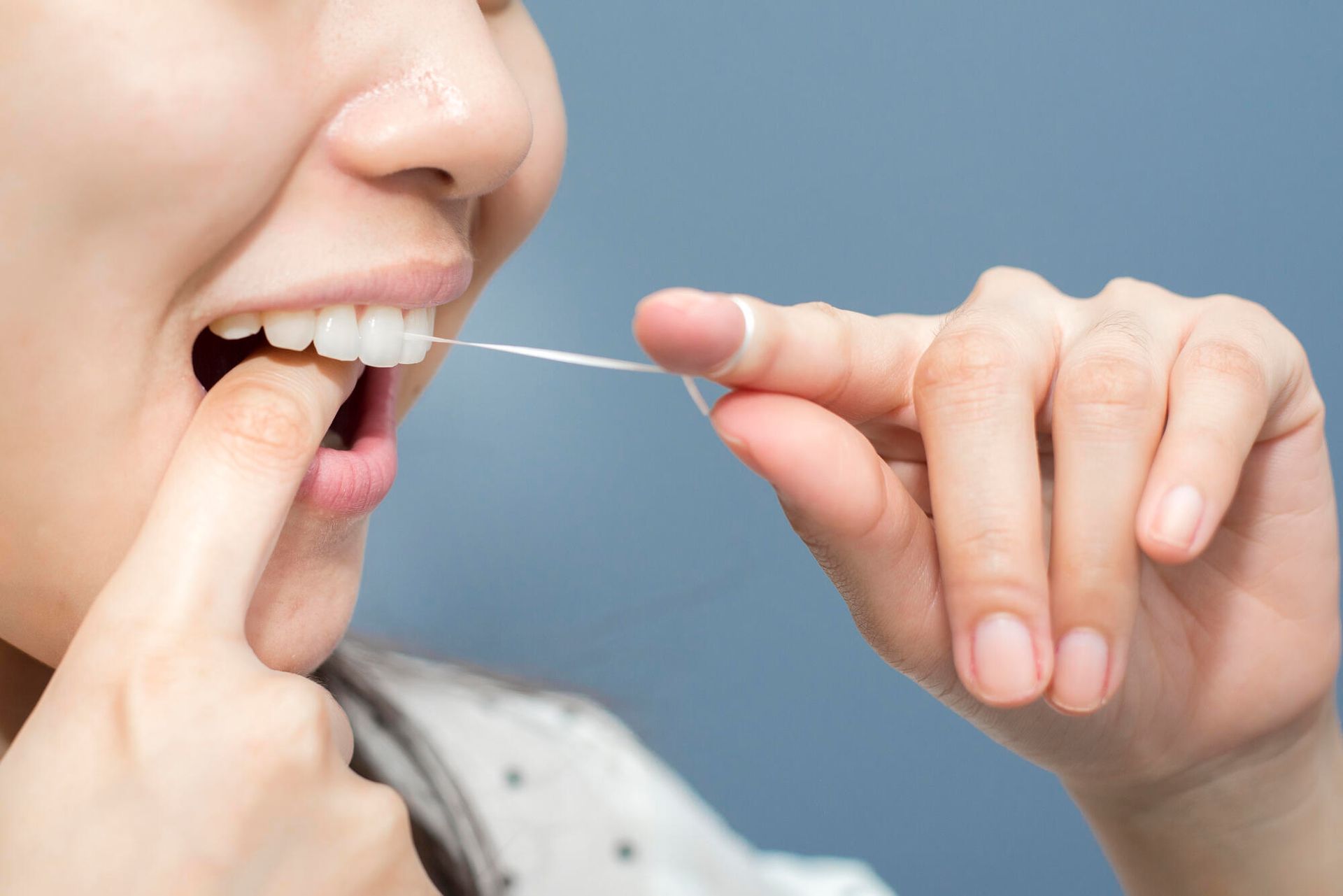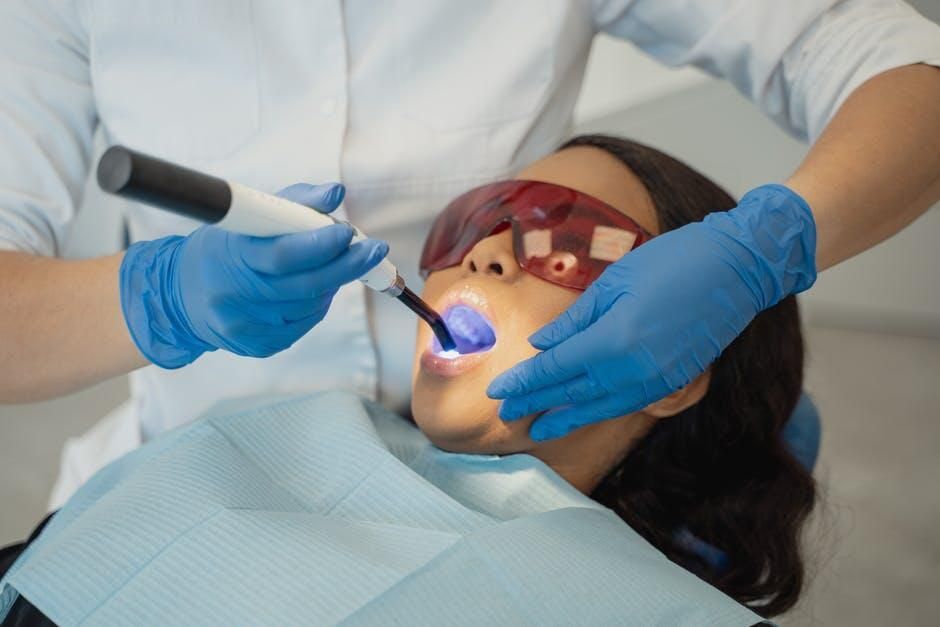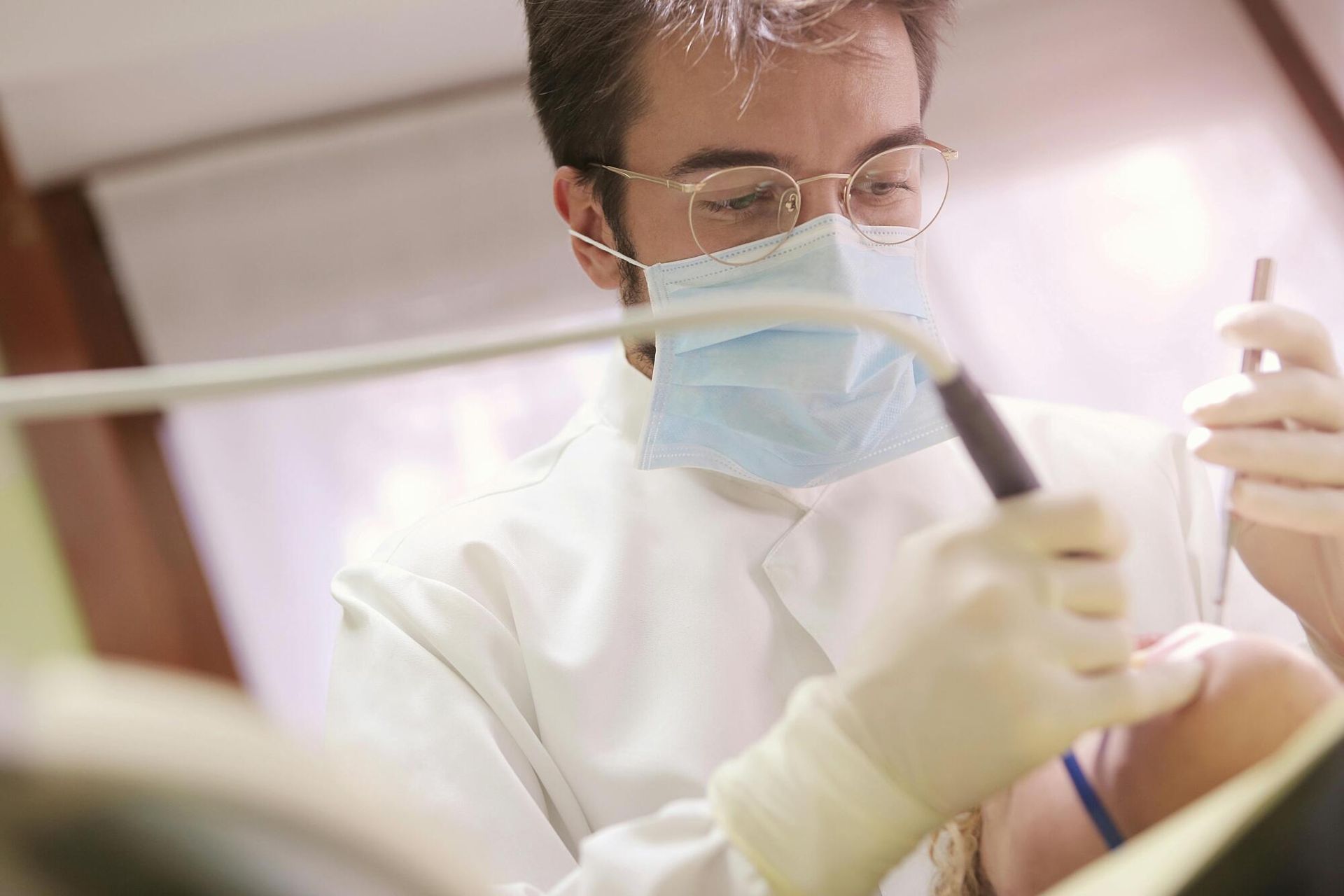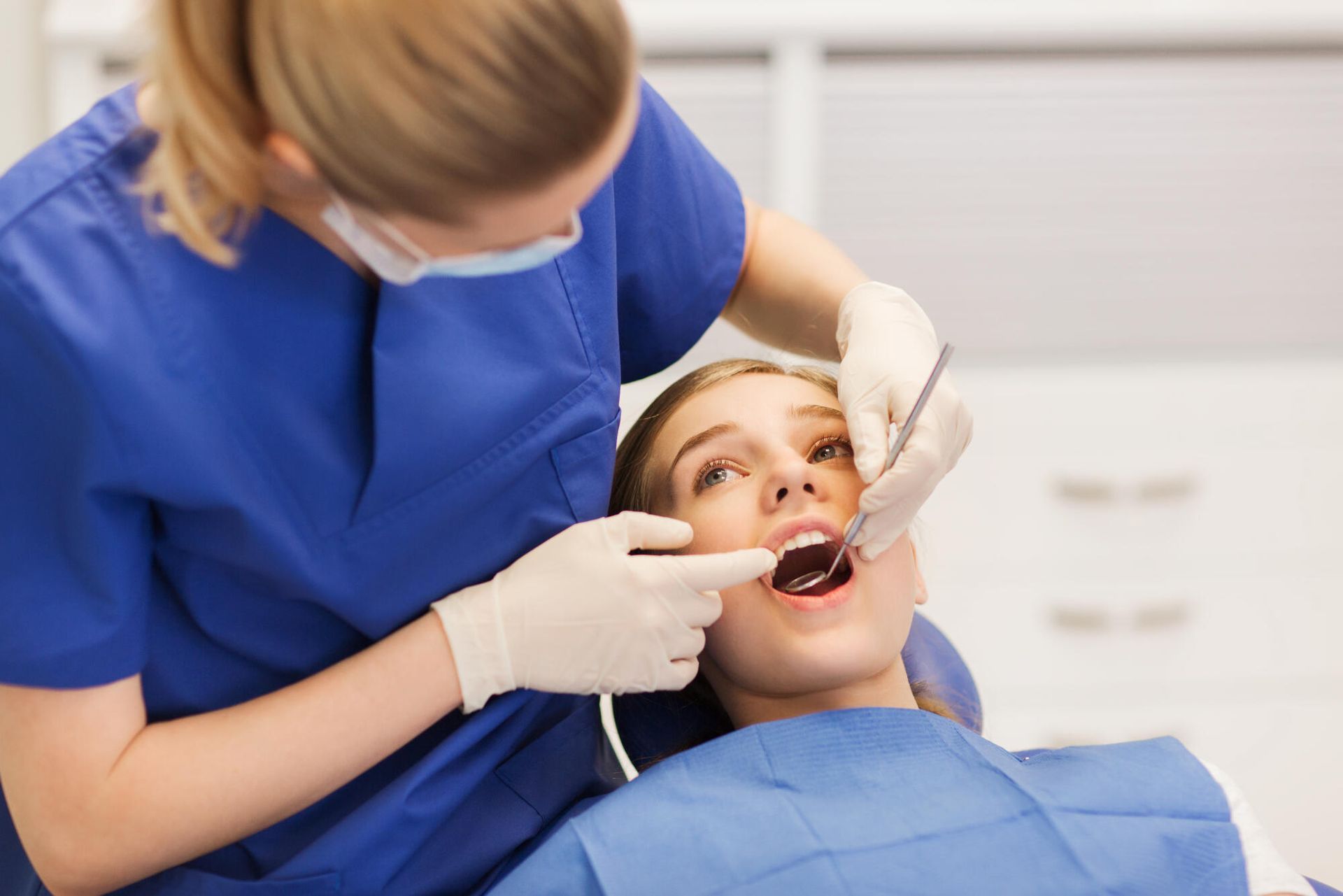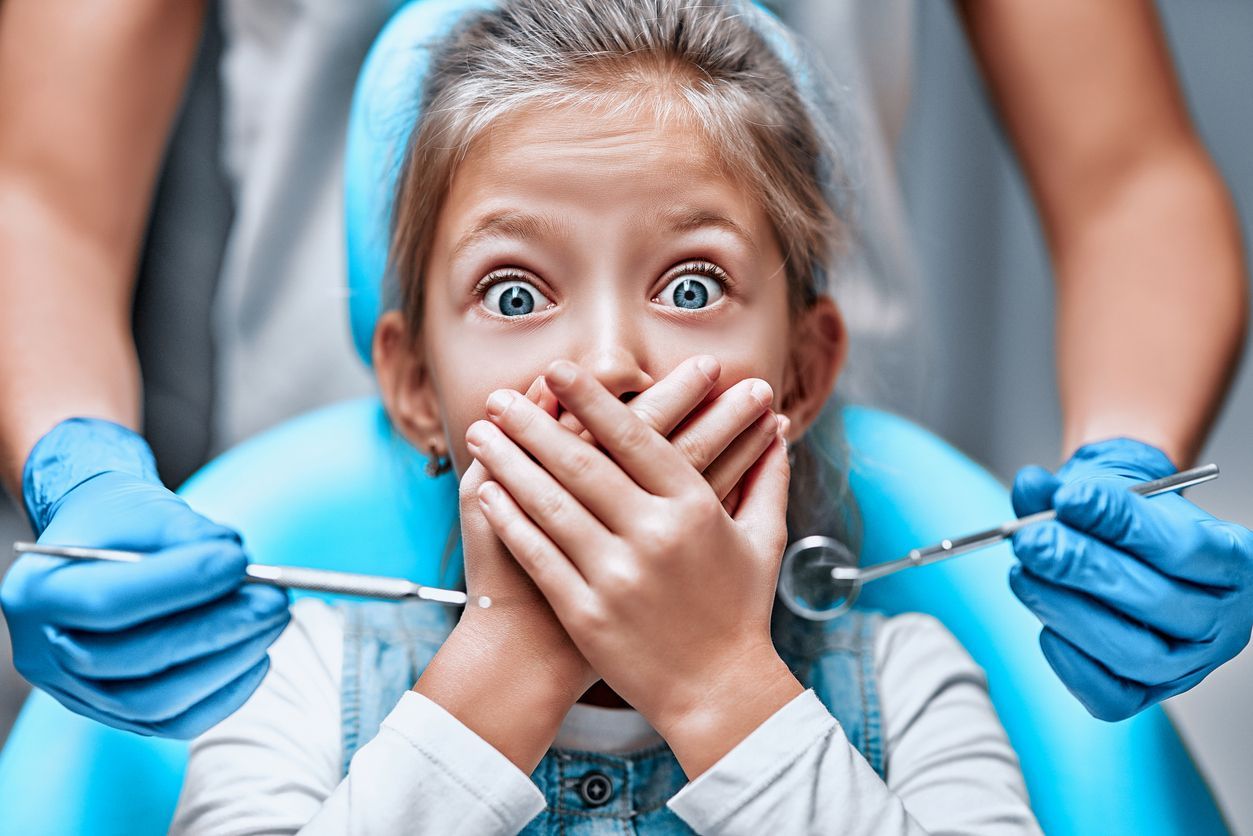New Patients Welcome
Emergency Dental Care Tips: What to Do When You Can't Reach Your Dentist
The American Dental Association (ADA) reports that about 2 million people in the U.S. visit emergency rooms for dental pain each year.
Sadly, you might sometimes not have access to emergency dental services. Maybe it's late at night, you're traveling, or your dentist is unavailable.
In these moments, panic sets in. Pain makes it hard to think, and quick fixes can do more harm than good.
Take a deep breath. Following the right steps can ease discomfort and prevent further damage. Here's what to do when you have a dental emergency but can't reach your dentist.
Manage Pain
Toothaches are among the most common dental problems. They can happen anytime but often strike late at night when getting dental care is challenging.
The pain can be mild or severe. It can come from cavities, gum infections, or dental abscesses. If you're experiencing this problem, try these remedies:
- Rinse with warm salt water
- Floss gently
- Take pain medicine
- Use a cold compress
- Avoid hot or cold foods
While these solutions can help, they are only temporary. Even if the pain stops, the problem may still be there. You may still need to see a dentist to check your teeth to prevent future pain or infection.
Handle a Knocked-Out Tooth
Prompt action is necessary for a knocked-out tooth. Immediately pick up the tooth by the top, not the root.
If it is dirty, gently rinse it with saline solution or milk without scrubbing. Avoid using tap water, as this may harm the root.
If possible, try to reposition the tooth in its original socket. Gently bite down on a clean cloth to hold it in place. If you can't reinsert it, store it in balanced salt water, milk, or saliva.
Search for a dentist offering same-day dental appointments to increase your chances of saving the tooth. Quick treatment can help reattach the tooth, prevent infection, and restore function. The longer you wait, the smaller the chances of successful reimplantation.
Control Bleeding
Bleeding in the mouth can happen for many reasons. You may have injured your gums, lost a tooth, or bitten your tongue. Gum disease and infections can also cause bleeding.
It may look scary, but you can control it with the right approach. If you are bleeding, try:
- Rinsing with cold water
- Applying gentle pressure with gauze
- Holding pressure for 10 minutes
- Using a cold compress
- Avoiding touching the area
Even if these remedies help, you still need urgent dental care to prevent further problems.
Cover a Lost Filling or Crown
A missing filling or crown can expose your tooth, causing pain and sensitivity. An unprotected tooth is also at risk for more damage or infection. Acting fast can help prevent further problems.
Try placing the crown back on using temporary dental cement from a drugstore. If you can't find the crown, place dental wax or sugar-free gum over the exposed tooth.
This protects it from bacteria and reduces discomfort. Avoid chewing on that side to prevent cracks or breakage. Applying clove oil can also help numb the pain.
Manage Swelling and Infections
Swelling often starts as mild gum redness and tenderness. At first, it may not seem serious. You might think it will go away on its own.
But ignoring it can lead to severe pain and infection at the worst time. If you find yourself in this situation, try:
- Rinsing with warm saltwater
- Applying a cold compress for 15 minutes
- Taking over-the-counter pain medicine
- Staying upright to reduce swelling
These actions can ease discomfort, but they won't cure the problem. If swelling worsens or you develop fever, chills, or trouble breathing, go to a dental ER immediately.
Manage a Broken Tooth
A broken tooth can be painful and sharp, making it hard to eat or talk. Rinse your mouth with warm water to remove dirt and bacteria. A cold compress can help reduce swelling and numb the area.
Use dental wax or sugar-free gum to cover any sharp edges and protect your tongue and cheeks. Avoid chewing on the damaged tooth to prevent further breakage.
An emergency dentist can repair the tooth and stop the infection. Seek treatment as soon as possible to avoid more complications.
Use Hydrogen Peroxide Rinse
If you suspect an infection, a rinse containing hydrogen peroxide can help kill bacteria and reduce swelling. It may provide temporary relief and help clean the affected area.
Combine equal amounts of hydrogen peroxide and water, then rinse your mouth with the mixture for approximately 30 seconds. Never swallow it - spit it out immediately.
Rinsing can remove bacteria but won't cure an infection. Use it once or twice, but avoid overuse, as it can irritate your gums.
An untreated infection can spread and become dangerous. Even if the rinse helps, professional dental care is necessary. A dentist needs to treat the infection before it worsens.
Stay Hydrated
Staying hydrated helps your body heal and fight infections. It also keeps your mouth clean by flushing out bacteria. Dehydration can make pain and swelling worse, slowing the healing process.
Drink plenty of water throughout the day. Avoid sugary or acidic drinks, as they can irritate sensitive teeth.
If you have swelling or pain, sip on warm water to soothe discomfort. Hydration is especially important if you have a fever or infection.
Water supports your body's natural defenses. Even if you're not thirsty, keep drinking to help your mouth heal faster.
Elevate Your Head When Sleeping
Sleeping with your head elevated can help with tooth pain or swelling. Keeping pressure off the affected area may reduce discomfort and prevent the problem from worsening.
- Use extra pillows
- Avoid lying flat
- Sleep on your back
- Keep your neck supported
These minor adjustments can make a big difference. Proper positioning may help you rest better and reduce swelling overnight.
Expert Emergency Dental Services in Arlington, TX
When a dental emergency strikes, you need fast, expert care. At Heather E. Martinson Family & Cosmetic Dentistry, we provide top-quality emergency dental services in Arlington, TX.
Dr. Heather Martinson has over 25 years of experience and believes in conservative treatments that protect your smile. Our state-of-the-art technology ensures the best results for you and your family. Check out our dental services to learn more about us and what makes us stand out.
817-435-4634
All Rights Reserved | Heather E. Martinson, DDS
Website designed and maintained by Xpress, INC
